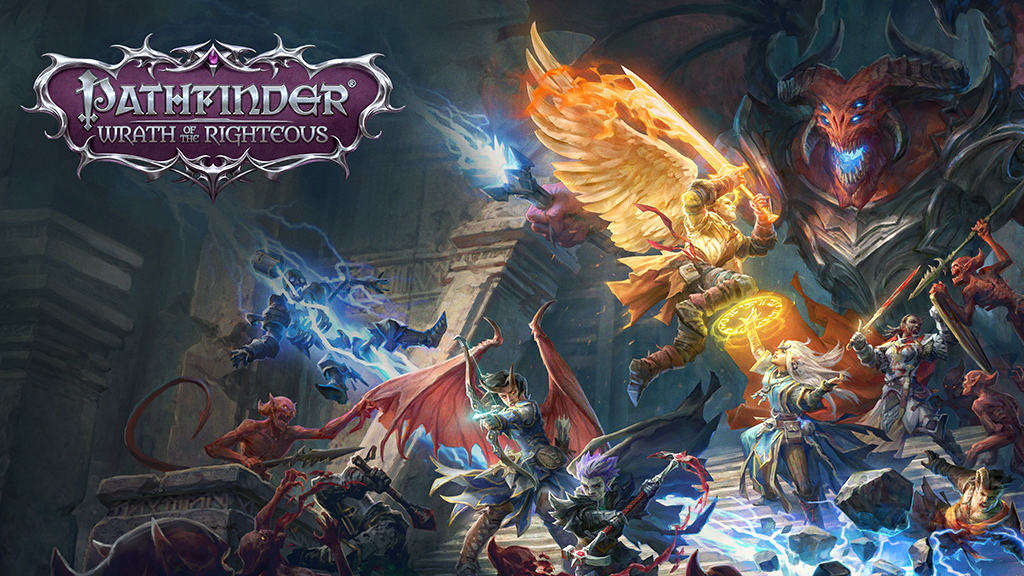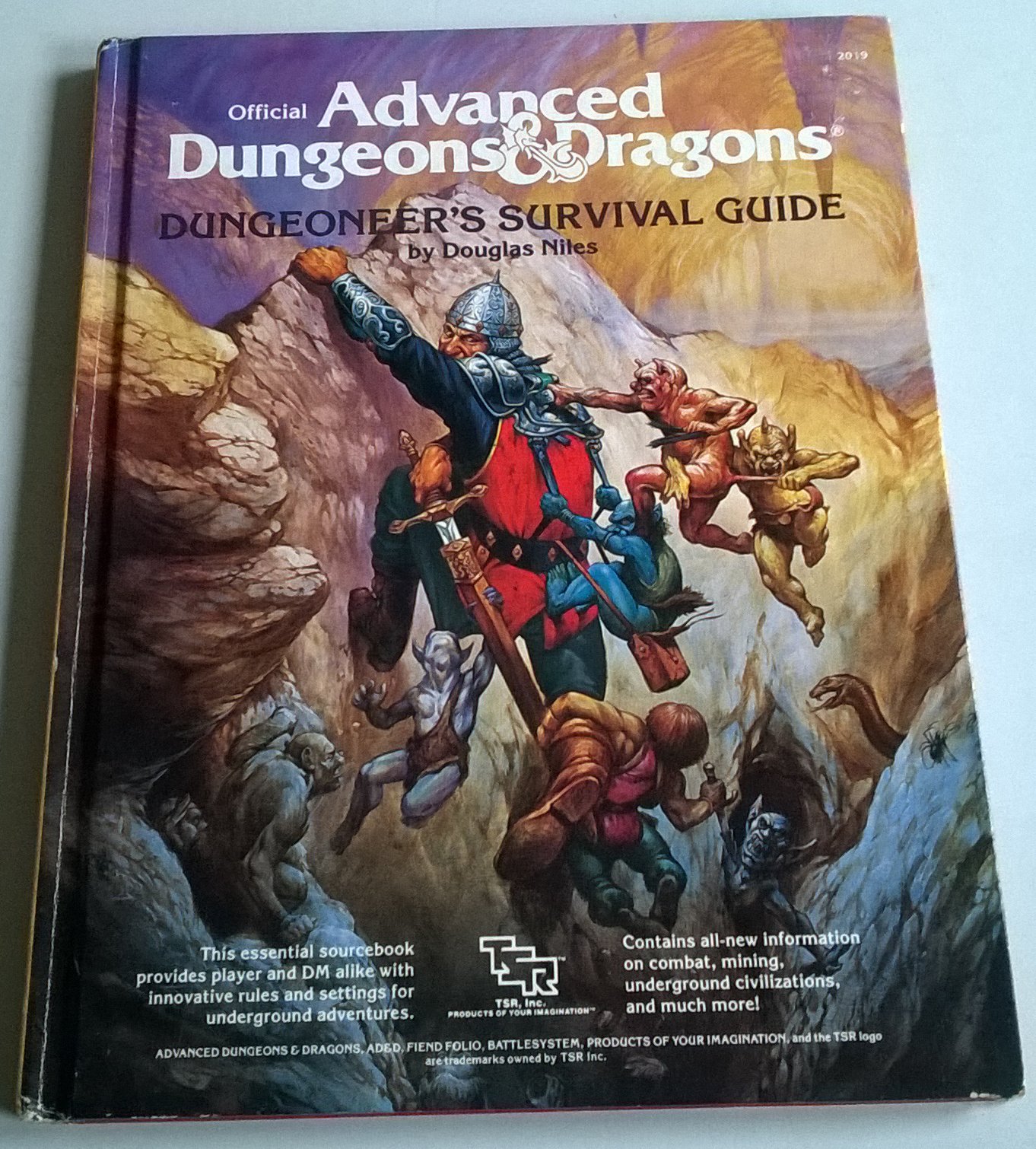Eric Berne was convinced that people constantly play games - regardless of gender, age, social status and character. Man is a social creature - and our society is built on game interactions.
So it is not surprising that the RPG genre has gained such popularity - there a person can play almost any social role that is largely inaccessible to him in ordinary life. Game mechanics are now used in many areas of life - from education and training to psychotherapy, from social networks to marketing activities of retail chains. Even in our training center, Slurm is used in some intensives - where it is useful for learning and consolidating the material - playing and competitive tools. For example, as we did at Slurm SRE in February this year.
Yes, and sometimes we love to play in our free time.
- , « » , . «Pathfinder: Wrath of the Righteous» Owlcat Games.

,
, .
, Mortal Kombat, Civilization, Alias – , . . , - Mortal Kombat. , , Civilization. , Alias.
, , — , , .
.
– D&D d20 . , , … 1975 .

Boot Hill, . , , , , - . Boot Hill NPC, . NPC - , . NPC Gambler (), – .
? Gambler , . , , , , . Gambler .
While most characters need no special rules, the gambler needs some special attention. They have a special ability that other characters don't have, the ability to manipulate cards (cheat). To determine this ability, roll percentile dice until a score of 50 or less is rolled. This is his ability to avoid being caught cheating. When normally playing cards, a real deck may be used, but if a gambler is involved, use percentile dice. High roll wins, with a gambler gaining a +15 on his die rolls. If a gambler wins three times in a row, his opponents check to see if they can catch him cheating by rolling percentile dice. Any score equal to or less than the gambler's cheat ability score indicates that the gambler has been caught. What the opponents do then is up to them!

, – D&D. D&D /, , -. , , . 1976 , , “How to Use Non-Prime-Requisite Character Attributes” Wesley D. Ives. , . , , , .
- Roll d100, add the ability score, and then use this result to determine which die to roll in step 2. On a result of 1-20 roll a d4; on 21-40 roll d6; on 41-60 roll d8; 61-80: d10; 81-100: d12. To cope with results higher than 100, create a house rule for this house rule.
- Roll the die determined in step 1 and multiply the number by the attribute. This result becomes the chance of success.
- Roll a d100. If the result is less than or equal to the probability from step 2, you succeed!
1978 Advanced Dungeons & Dragons Player’s Handbook Dig (). D&D , , , dexterity (), , , , .
Any creature at the edge (1’) of such a pit uses its dexterity score as a saving throw to avoid falling into the hole, with a score equal to or less than the dexterity meaning that a fall was avoided.
1989 Player’s Handbook . , «» , . , . — .
, :
- ;
- ;
- .
, , . / . , — , .
Neverwinter Nights, SW:KOTOR, Pathfinder: Kingmaker .
, . , . . , . , , , .
:
- . , ;
- . , , ;
- . , , .
:
- (, , , ) . , ;
- . , , , , . , ;
- , . , , .
. Mass Effect (1,2,3) -, Bypassing Hacking, .
, , Bypassing, Decryption / Electronics. , , . -.
:
- , . , ;
- -. -;
- , . , .
:
- . , , ;
- -. -.
, , , .
– Skyrim. , , – - . , .
:
- – ;
- ;
- -.
:
- .
, . , . - , , - , – . - , – , , .
, , :
- ?
- ? , . - ;
- ?
- /, ? ?
- – ?
- ?
, 19 , . , « » « ».
P.S. 19 DevOps Tools&Cheats — DevOps, . DevOps , .